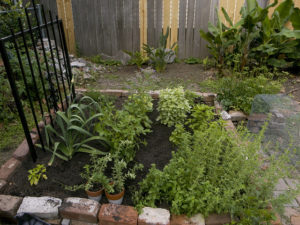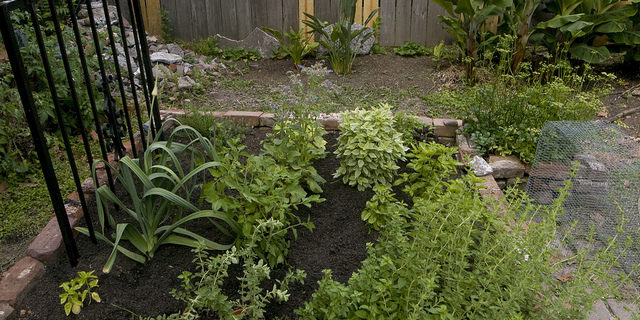
December 23, 2017
As the amount of concrete and glass in a neighborhood increases, the diversity of microbial species on peoples’ skin decreases, and their risk for allergies and asthma goes up. Developed nations with thriving, modern economies have the highest rates of autoimmune diseases (like type 1 diabetes and inflammatory bowel disease) and allergies. Developing nations, on the other hand, have the lowest rates. Autoimmune diseases can be influenced by genes as well as the environment. Our environments are very, very clean—probably too clean. Exposing our immune system to pathogens, especially as babies and kids, is helpful in educating and developing the immune system (so that it’s presumably less likely to attack our own bodies later on). Ironically, the sanitized conditions in developed nations hamper our natural immunity. If we’re not exposed to a variety of bugs, our immune systems don’t get well-trained.
But in countries where sanitary conditions are extremely poor, there are higher incidences of diarrheal diseases and bacterial infections. We need to find some sort of middle ground—an optimal level of sanitation while exposing our immune system to a variety of microbes. How do we do that? The bugs that live inside you, which make up the gut microbiome, are one of the keys to finding this balance.
Getting pets and embracing nature can help improve gut microbial diversity. There is some data to show that kids with pets have fewer infections and need fewer antibiotics. They’re exposed to more dirt through their pets. And it’s important, if you have kids, to literally let them play in the dirt. Microbes are especially critical for their developing immune systems. You can get your own hands dirty by taking up gardening, exposing your immune system to trillions of soil microbes. You can also simply spend more time outdoors, open your windows to let nature in or fill your house with plants—all of which can expose you to more microbes and help you find a better balance with the natural world.

